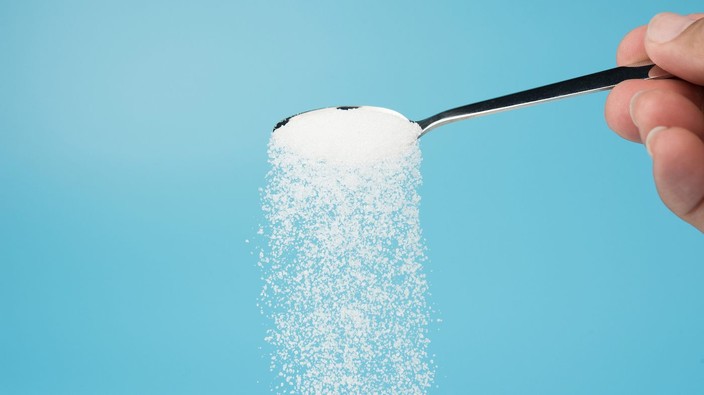by now, we should all be aware of the
dangers of eating too much sugar. a diet high in added sugar has been linked to an increased risk of heart disease,
diabetes and weight gain. it’s also bad for your teeth and skin, can drain your energy, potentially
increase cellular aging and is linked to many other diseases and health problems including
cancer.
but are there actually healthy alternatives to sugar?
according to harvard health, one type of sugar isn’t better than another — moderation is key. measuring benefits, if any, also depends on whether or not the sugar occurs naturally, like say, in fruit, or if it’s added, as is the case with soda and some cereals. natural and added sugars are metabolized the same way in our bodies, reports harvard, but natural sugars are not tied to negative health effects because they exist along with fibre and other nutrients.
and while the line between the benefits of refined sugar and alternatives is a little blurry, if you are looking to cut your intake of traditional sweeteners, there are some options to satisfy that sweet tooth, without compromising your health.
stevia
derived from a south american shrub known as the candyleaf or sweetleaf, stevia rebaudiana has been used as a sweetener and in medicines for thousands of years. stevia is usually sold in powder form, but can also be found in liquid drops, packets, dissolvable tablets and baking blends in most grocery and health food stores as it has grown in popularity in recent years.
 5 minute read
5 minute read




















